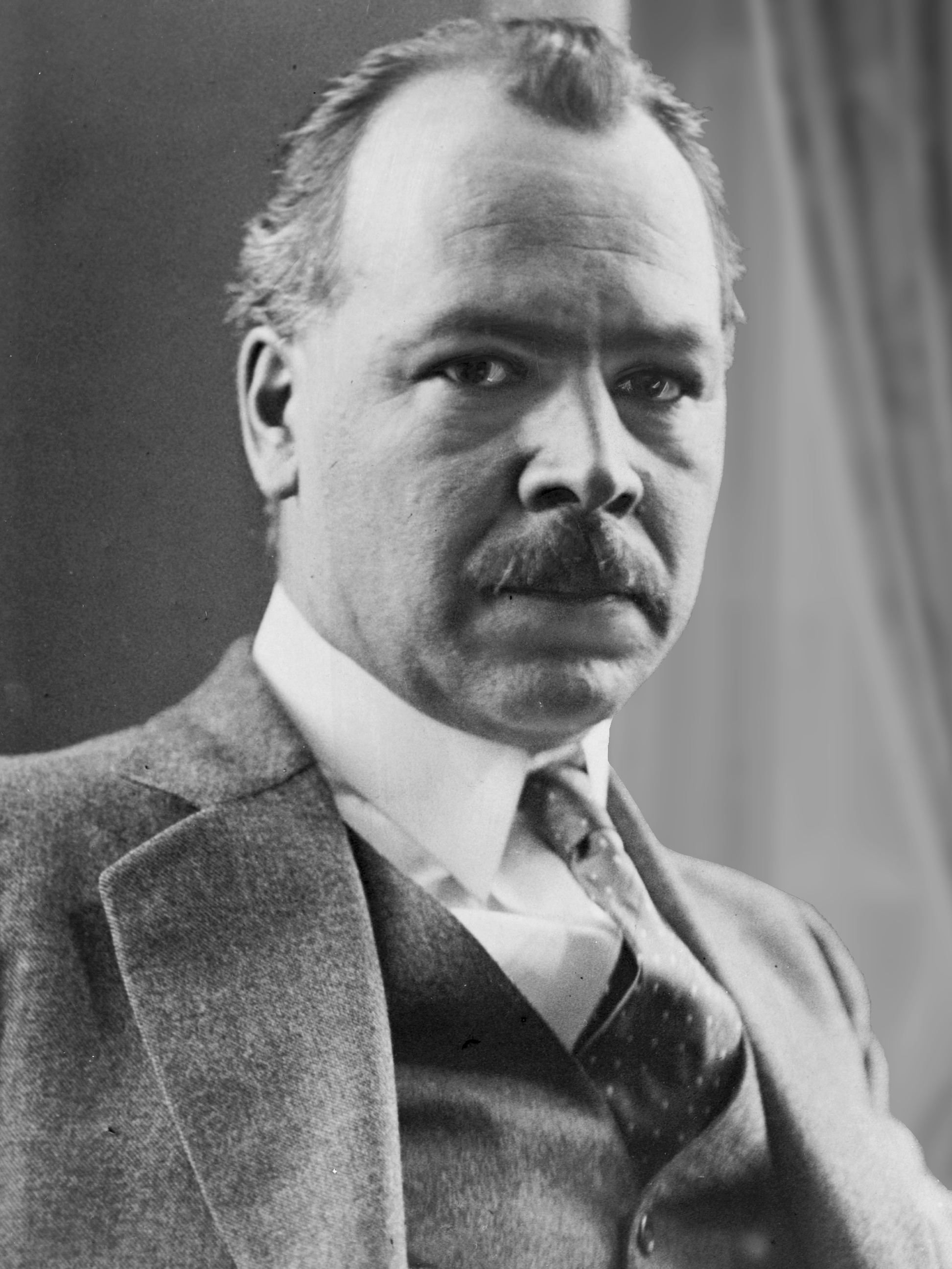Nikolai Vavilov: Revolutionary, Scientist
 We made our oath to Vavilov, We'd not betray the solanum, The acres of asteraceae, To our own pangs of starvation.
We made our oath to Vavilov, We'd not betray the solanum, The acres of asteraceae, To our own pangs of starvation. - The Decemberists.
In a review of Peter Pringle's new book, The Murder of Nikolai Valilov: The Story of Stalin's Persecution of One of the Great Scientists of the Twentieth Century, Hugh Barnes writes: "His interrogators could never break Vavilov even under torture. Indeed, his resistance became a source of pride among his admirers. Vavilov, they claimed, did better than Galileo, who was accused of heresy by the Vatican for believing that the sun, rather than the earth, was the center of the universe, and who recanted his ideas under threat of being burned as a heretic. Vavilov never renounced his belief in genetics and Mendel."
Vavilov was one of the principal inspirations of my last book. He was a pioneering geneticist and the first scientist to sketch the outlines of what we now comprehend as the phenomenon of "global centres" of linguistic, biological and food-crop diversity. Decades before Jared Diamond's Guns, Germs and Steel, and long before the UN Food and Agriculture Organization recognized its significance, and before the World Wildlife Fund organized itself around the notion of global "biodiversity hotspots," there was Vavilov. A comrade of V.I. Lenin, Vavilov was persecuted by Stalin and sent to Saratov prison, for the crime of defending science over ideology and for refusing to renounce his findings. He died there in 1943.
The Decemberist lyrics at the beginning of this post, from the song When The War Came, refer to the Seige of Leningrad, when Vavilov's botanists, though starving, defended the plant collections and seed-bank repository Vavilov had established. Among the many beneficiaries of that act of bravery: Ethiopia, which managed to restore its agricultural sector after a country-wide famine, only because the Valivov Institute had conserved Ethiopian seeds; The United States, which revived its soybean crop, which had been wiped out by parasites, only because Vavilov's scientists had saved the original seed strains.
In the latest issue of Seed Magazine, Maywa Montenegro and I pursue the more recent findings and developments in the global effort to conserve the planet's diversity in a lengthy essay headlined "In Defence of Difference: Scientists connect cultural and biological extinctions, offering a new vision for conservation." But it's only in the print edition, so obviously, everyone reading this will want to drop whatever it is they're doing this instant and rush out to buy a copy.





2 Comments:
Never knew what that song was about (Istruggle to hear his lyrics) thanks.
SP
Based on previous happy recommendations of yours, I ordered myself a copy.
Cheers.
Post a Comment
<< Home